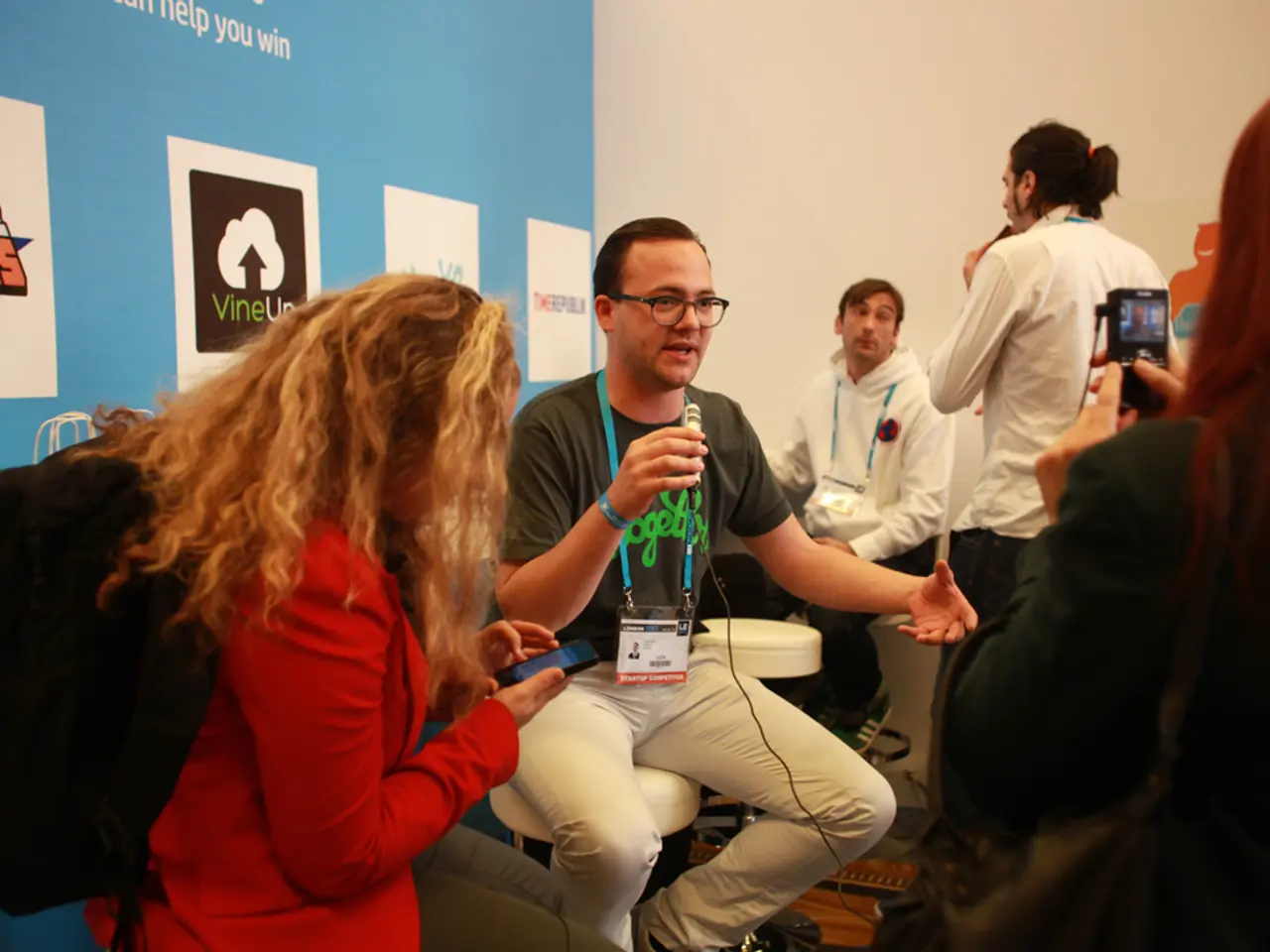Interview Techniques for Global Politicians as Demonstrated by Tucker Carlson
International interviews with world leaders can be a complex endeavour, with language barriers introducing challenges in clarity, trust, and cultural understanding. Miscommunications can arise from linguistic differences and cultural nuances, potentially distorting the intended message, hindering rapport, or creating misunderstandings that affect the negotiation or diplomatic tone of the interview.
Key impacts of these language barriers include misinterpretation of rhetoric and intent, reduced trust and collaboration, and the compounding of cultural differences. Nuances or idiomatic expressions may be lost or misconstrued, potentially changing the meaning of statements and affecting international relationships. Language gaps can make leaders and their teams less confident in communication, limiting open dialogue and the sharing of ideas. Varied perceptions about time, ethics, and negotiation styles tied to culture often intertwine with language barriers, complicating dialogue further.
To navigate these barriers, effective strategies include using straightforward, clear language, encouraging open dialogue and clarification, practicing active listening and mindfulness of cultural contexts, employing visual aids or supplementary materials, and having skilled interpreters or multilingual capabilities. Especially where French, Portuguese, or other major diplomatic languages are concerned, language skills or professional translators facilitate smoother communication and comprehension.
In the world of interviews, listening intently, remaining adaptable, and recognising that sometimes the most important question is the one left unasked are key to successful conversations. The power of these conversations lies not in perfect execution but in their very existence, as they create pathways for understanding, even when conducted across the challenging terrain of different languages and cultures.
One example of this challenge is evident in the interviews of Russian leader Vladimir Putin, whose intricate grammar and nuanced expressions lose significant meaning when converted to English. A delay of 15-20 seconds between the original speech and the English translation creates a disconcerting environment where maintaining the natural flow of conversation becomes nearly impossible.
Despite these challenges, the importance of creating dialogue often outweighs the personal risks involved in interviewing world leaders. Interviewing world leaders requires a balance of courage, technique, and cultural awareness. Creating space for truth through careful listening and strategic silence is important in interviews.
The choice of language in interviews can become politically charged, as demonstrated by Ukraine's complex relationship with Russian language usage. Preparation is crucial, but flexibility is equally important when approaching interviews. This is true for all languages - from Biblical translations to French literature. The essence of communication, including humor, wit, and wordplay, often fails to traverse the linguistic divide.
Ukrainian President Volodymyr Zelensky primarily expresses his full range of intelligence and humor in Russian, his native language. Tucker Carlson's interview with Putin and related topics such as global crises, war in 2024, technology's impact on family & society, and battles of ideas are frequently discussed.
In conclusion, language barriers in interviews with world leaders can challenge the accuracy and effectiveness of international communication. However, by prioritising clarity, openness, and cultural sensitivity, communicators can significantly improve mutual understanding and the success of their interactions.
- Despite the complexity of international interviews, effective communication with celebrities or key figures in pop-culture, much like world leaders, can benefit from similar strategies, such as using clear language, promoting open dialogue, practicing active listening, and employing visual aids.
- Social media platforms, often platforms for entertainment and pop-culture discourse, can become battlegrounds for nuanced language politics and cultural nuances, mirroring the challenges that interviewers face with world leaders when language barriers distort intended messages.




